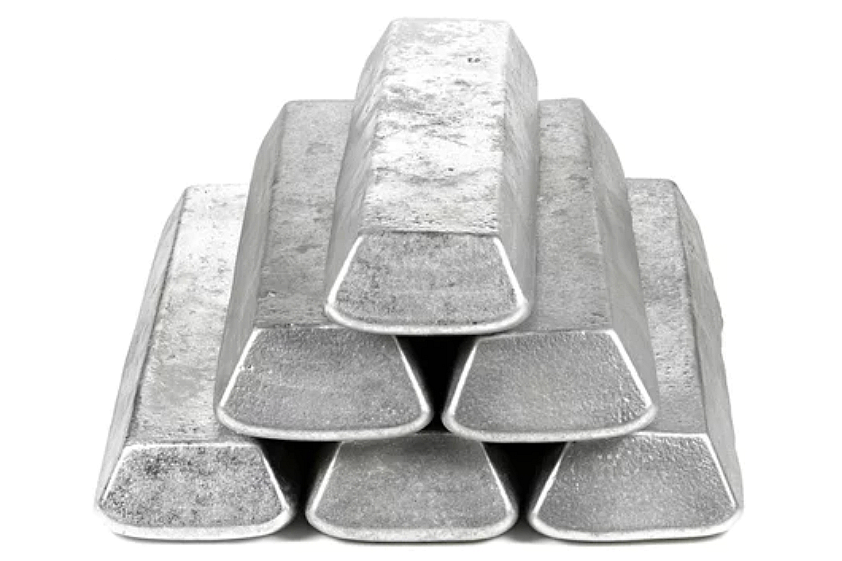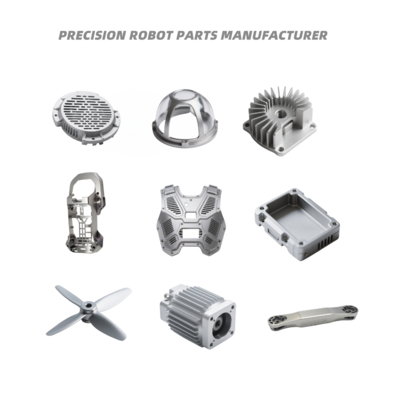The Role of Light Weight Aluminum Foundries beforehand Lightweight Manufacturing Solutions
Aluminum factories greatly add to the development of light-weight manufacturing services. Their innovative spreading modern technologies produce high-strength, lightweight components crucial for markets like auto and aerospace. This advancement not just boosts product efficiency but also promotes sustainability through using recycled materials. As these shops adapt to emerging methods and innovations, they lead the way for future growths in producing efficiency and ecological obligation. What exists ahead in this transformative trip?
The Advantages of Lightweight Materials in Production
As markets progressively look for effectiveness and sustainability, the fostering of light-weight products in production has become an essential technique - Aluminum Casting Company. These products, particularly light weight aluminum and compounds, use various advantages that improve production processes and product efficiency. Mostly, their decreased weight adds to decrease energy usage throughout transportation and operation, leading to substantial price financial savings
Light-weight materials assist in the design of even more complex geometries, permitting for greater advancement in product advancement. This versatility typically causes enhanced functionality and performance, accommodating the developing demands of contemporary consumers.
Additionally, making use of light-weight products can boost the long life of items as a result of their resistance to rust and exhaustion. This durability not just reduces upkeep expenses but also supports sustainability efforts, as longer-lasting products add to less waste. To summarize, the advantages of light-weight materials are pivotal in driving efficiency, innovation, and environmental responsibility in production.
Technologies in Aluminum Spreading Technologies
Recent improvements in aluminum casting innovations are changing the production landscape, specifically in the manufacturing of lightweight elements. Innovations such as high-pressure die casting and vacuum cleaner pass away spreading have actually greatly enhanced the precision and surface area finish of aluminum components - Aluminum Casting Company. These techniques permit the creation of complicated geometries while decreasing material waste and improving mechanical homes

In addition, the application of real-time monitoring systems assures quality assurance throughout the spreading procedure, resulting in more constant product outcomes. Jointly, these technologies not only boost the efficiency of light weight aluminum components yet likewise sustain the market's change in the direction of even more sustainable production practices.
Applications of Light Weight Aluminum Components in Different Industries
While light weight aluminum elements have actually long been made use of in various markets, their flexibility and light-weight residential properties continue to drive cutting-edge applications across fields such as vehicle, aerospace, and building and construction. In the automobile industry, light weight aluminum is progressively made use of for engine blocks, wheels, and body panels, improving gas effectiveness and performance. Aerospace producers take advantage of aluminum for aircraft structures and components, taking advantage of its strength-to-weight ratio to boost fuel economy and payload ability.
In the building market, light weight aluminum is preferred for home window structures, roof covering, and structural aspects, giving resilience and resistance to deterioration while reducing overall building weight. Additionally, the electric and electronic devices markets take advantage of aluminum's conductivity and lightweight nature, using it in circuitry, rooms, and heat sinks. These varied applications highlight the essential function of aluminum elements, which not only fulfill market demands but likewise contribute to developments in item design and functionality throughout multiple fields.
Sustainability and Energy Efficiency in Light Weight Aluminum Foundries
The aluminum foundry industry plays an essential duty in you could try here promoting sustainability and power performance, especially as need for lightweight parts remains to expand across numerous markets. Foundries are significantly taking on eco-friendly methods, such as using recycled aluminum, which significantly minimizes power usage and greenhouse gas discharges compared to main aluminum production.
Developments in casting innovations enhance power performance by maximizing the melting processes and decreasing waste. Strategies like die casting and financial investment spreading enable for precise material usage, decreasing excess and scrap.
In addition, several factories are buying renewable resource sources to power procedures, better decreasing their carbon impact. Carrying out power management systems makes it possible for shops to improve and keep an eye on power use, guaranteeing they run at peak effectiveness.

Future Patterns in Lightweight Manufacturing Solutions
How will arising innovations form the future of lightweight manufacturing remedies? Advancements such as sophisticated materials, automation, and additive manufacturing are readied to redefine manufacturing processes. The assimilation of wise production innovations, including the Internet of Things (IoT) and man-made intelligence (AI), will certainly enable real-time monitoring and optimization, boosting effectiveness and reducing waste.

As sustainability remains to be a critical issue, lightweight services will increasingly concentrate on reusing and reusing products, straightening with round economy principles. This advancement in light-weight production will certainly not only boost product performance but additionally add to ecological goals, making sure that the industry remains competitive in a swiftly transforming market landscape.
Regularly Asked Concerns
How Do Aluminum Foundries Guarantee Quality Assurance in Production?
Aluminum shops guarantee quality control in manufacturing through extensive screening, standard procedures, and continuous monitoring - Precision aluminum casting. They execute advanced technologies and experienced personnel to keep consistency, reduce flaws, and fulfill industry requirements throughout the manufacturing process
What Are the Key Tests Dealt With by Light Weight Aluminum Foundries?
Aluminum factories deal with challenges such as rising and fall resources expenses, maintaining manufacturing efficiency, making certain constant high quality, adjusting to technical innovations, and meeting ecological regulations, all of which influence their total operational efficiency and competitiveness in the marketplace.
Exactly How Does Light Weight Aluminum Recycling Effect Shop Operations?
Aluminum recycling considerably improves factory operations by reducing basic material expenses, minimizing power intake, and lowering environmental effect. This sustainable practice enables foundries to enhance performance while meeting you can try these out increasing need for lightweight, high-performance light weight aluminum items.
What Skills Are Required for Workers in Aluminum Foundries?
Employees in light weight aluminum foundries call for abilities in metallurgy, machining, quality assurance, and safety practices. Effectiveness in running machinery, recognizing alloy buildings, and analytic are also important for effective production and maintaining high safety and security criteria.
Just How Do Aluminum Foundries Handle Waste Administration?
Aluminum foundries manage waste via reusing scrap metal, making use of effective waste partition methods, and adhering to ecological laws. They carry out sustainable techniques to reduce landfill payments, making certain that harmful materials are disposed of sensibly.
Light weight aluminum foundries considerably add to the development of light-weight production options. Recent innovations in light weight aluminum casting innovations are transforming the production landscape, particularly in the production of light-weight elements. While light weight aluminum elements have internet long been used in numerous industries, their convenience and light-weight residential properties proceed to drive innovative applications throughout markets such as automotive, aerospace, and building and construction. In addition, the electric and electronic devices industries benefit from aluminum's conductivity and light-weight nature, utilizing it in wiring, units, and heat sinks. The light weight aluminum factory industry plays a critical duty in promoting sustainability and energy performance, particularly as demand for lightweight components proceeds to expand throughout various markets.